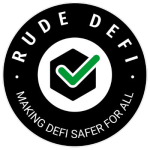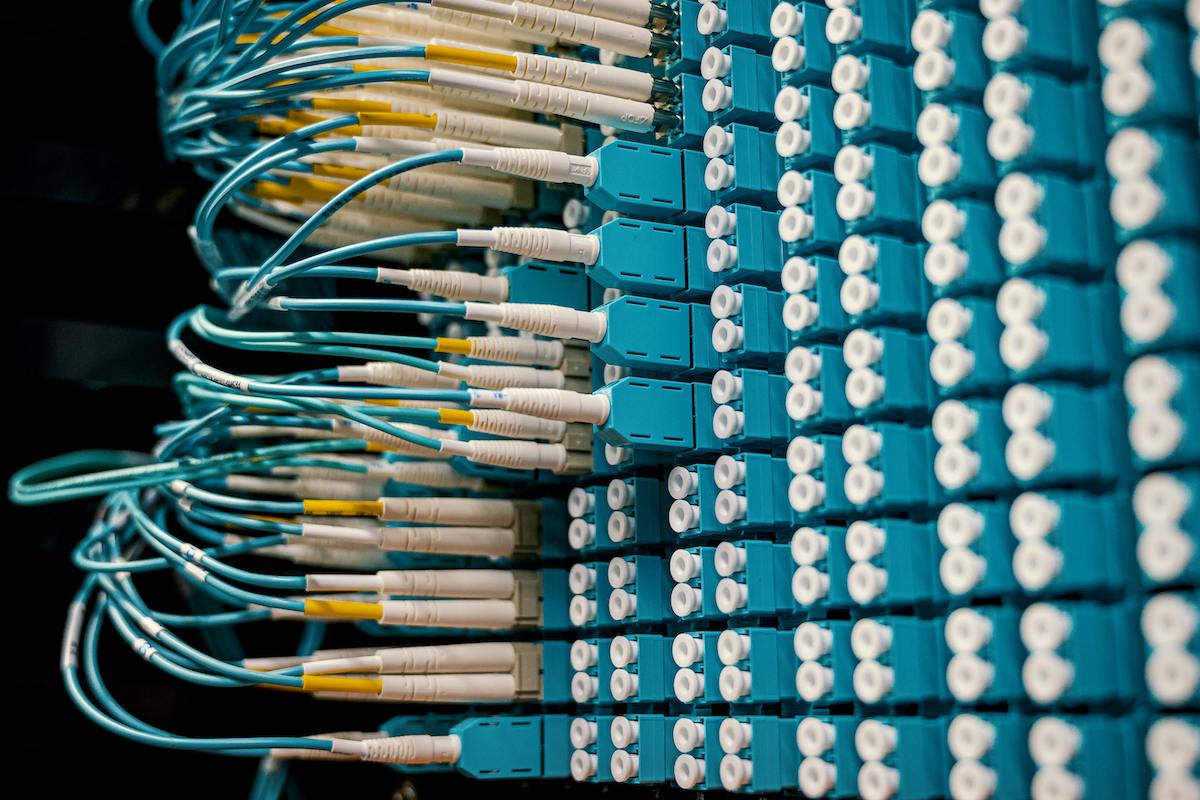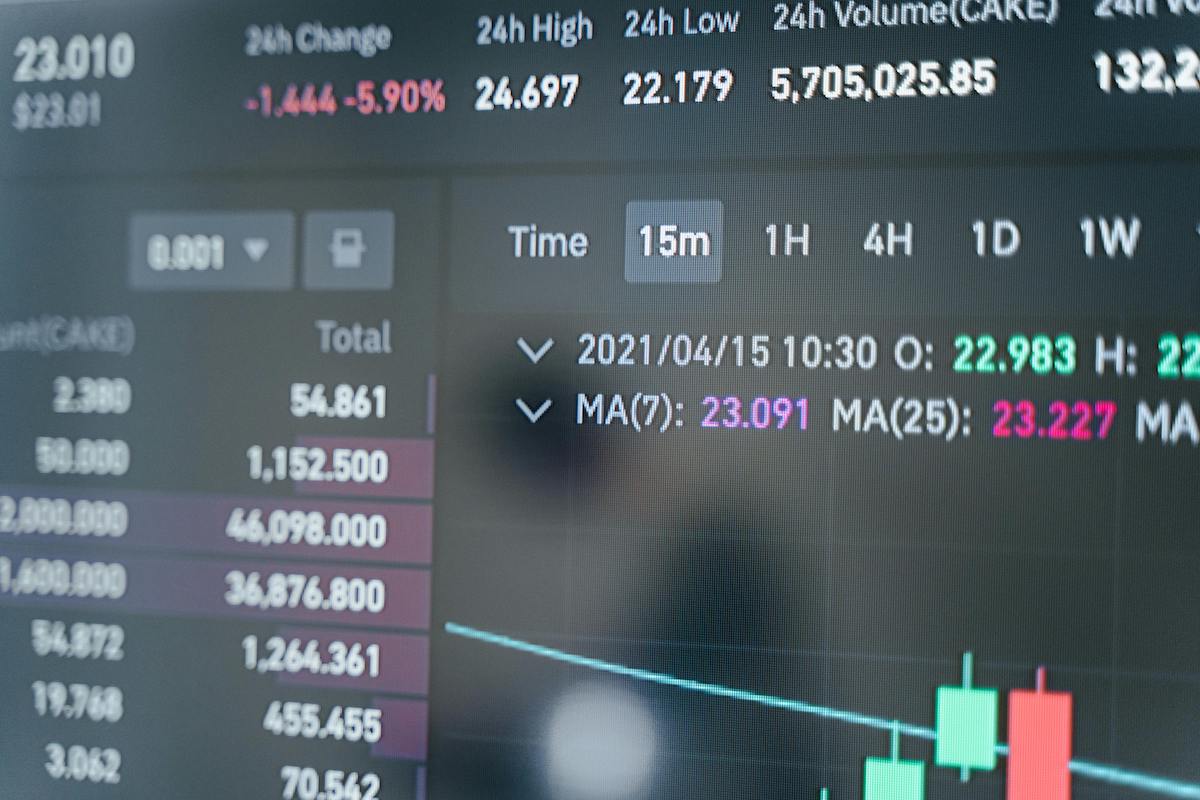Decentralized Finance (DeFi) has been hailed as the future of finance, offering unprecedented access to financial services and opportunities for users around the globe. However, as the DeFi ecosystem continues to expand, it faces a significant challenge: interoperability. Interoperability, the ability for different blockchain networks and DeFi platforms to communicate and interact seamlessly with each other, is crucial for unlocking the full potential of decentralized finance. In this blog post, we’ll explore the importance of interoperability in DeFi, the current state of interoperability solutions, and the implications for the future of finance.
Why Interoperability Matters
At its core, interoperability enables the seamless transfer of assets, data, and value between different blockchain networks and DeFi platforms. This interoperability is essential for several reasons:
- Cross-Chain Asset Transfers: Interoperability allows users to transfer assets between different blockchain networks, enabling cross-chain transactions and asset swaps without relying on centralized intermediaries.
- Composability: Interoperability enables developers to build complex financial applications by combining multiple DeFi protocols and smart contracts from different blockchains. This composability fosters innovation and allows for the creation of new, interconnected financial products and services.
- Scalability and Efficiency: By leveraging interoperability solutions, DeFi platforms can scale more efficiently by offloading transactions to other blockchain networks with lower fees or higher throughput. This scalability is crucial for supporting the growing demand for decentralized finance.
- Enhanced Liquidity: Interoperability increases liquidity in the DeFi ecosystem by connecting liquidity pools, decentralized exchanges (DEXs), and lending protocols across different blockchains. This enhanced liquidity improves market efficiency and reduces slippage for traders.
Current Interoperability Solutions
Several interoperability solutions are being developed and implemented to address the challenges of cross-chain communication in DeFi. Some of the most prominent solutions include:
- Cross-Chain Bridges: Cross-chain bridges facilitate the transfer of assets between different blockchain networks by locking assets on one chain and minting equivalent tokens on another chain. Examples of cross-chain bridges include Chainlink’s Interchain Communication (ICC) protocol and Cosmos’s Inter-Blockchain Communication (IBC) protocol.
- Wrapped Tokens: Wrapped tokens are tokens that represent assets from one blockchain network on another blockchain network. These tokens are pegged to the value of the underlying asset and can be freely traded and transferred between different chains. Examples of wrapped tokens include Wrapped Bitcoin (WBTC) and Wrapped Ethereum (WETH).
- Interoperability Protocols: Several interoperability protocols and standards have been proposed to facilitate cross-chain communication and interoperability between different blockchain networks. Examples include Polkadot’s Substrate framework, Ethereum’s ERC-20 and ERC-721 standards, and the Interledger Protocol (ILP).
- Atomic Swaps: Atomic swaps enable peer-to-peer trading of assets between different blockchain networks without the need for centralized exchanges or intermediaries. Atomic swaps use cryptographic techniques to ensure that both parties involved in the swap receive their desired assets securely.
The Future of DeFi Interoperability
As DeFi continues to evolve and mature, interoperability will play an increasingly crucial role in shaping the future of decentralized finance. By enabling seamless cross-chain transactions, composability, scalability, and enhanced liquidity, interoperability solutions will unlock new opportunities for innovation and growth in the DeFi ecosystem.
In the coming years, we can expect to see further advancements in interoperability technology, including improved cross-chain bridges, interoperability protocols, and decentralized oracle networks. These advancements will not only improve the user experience and accessibility of DeFi but also pave the way for new use cases and applications that were previously not possible.
As we embark on this journey towards a more interconnected and interoperable DeFi ecosystem, it’s essential for developers, users, and stakeholders to collaborate and contribute to the development of robust interoperability solutions that will drive the next wave of innovation in decentralized finance.
In conclusion, interoperability is the key to unlocking the full potential of DeFi and realizing its vision of a more inclusive, transparent, and decentralized financial system. By embracing interoperability and building interoperable solutions, we can create a future where anyone, anywhere can access and participate in the decentralized economy.







